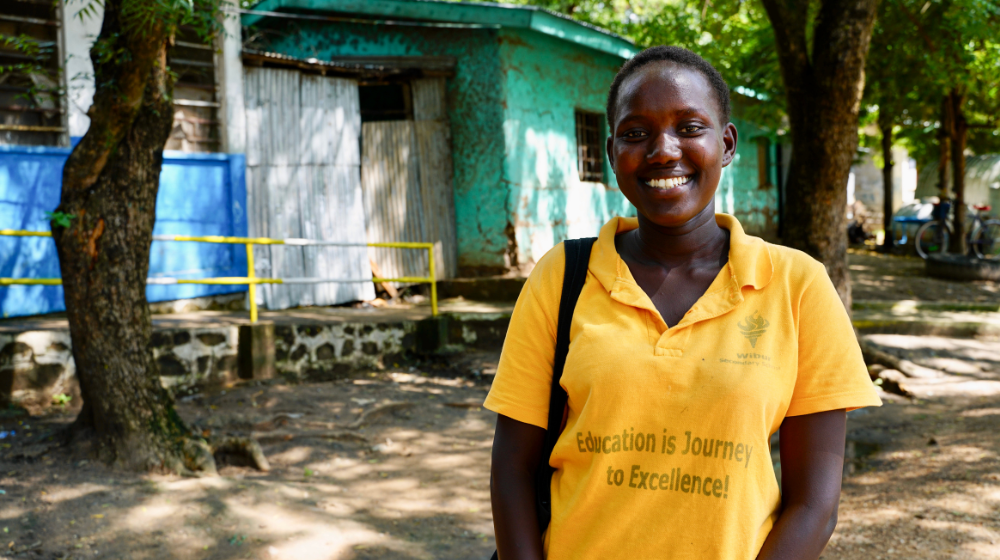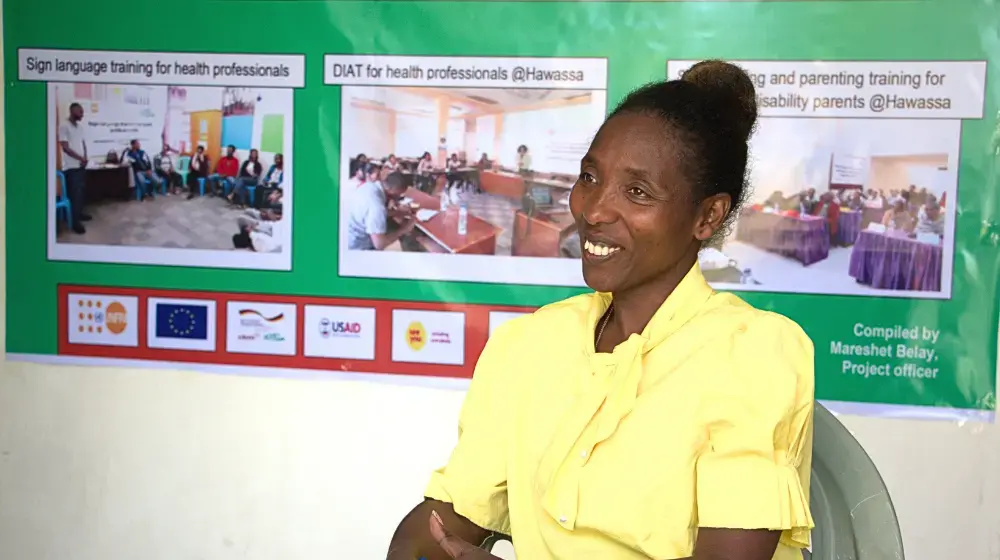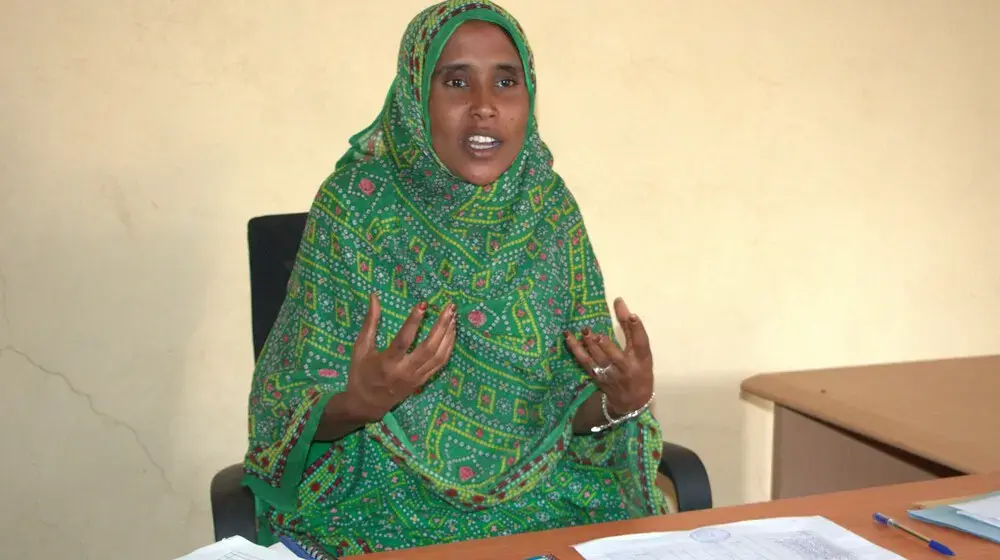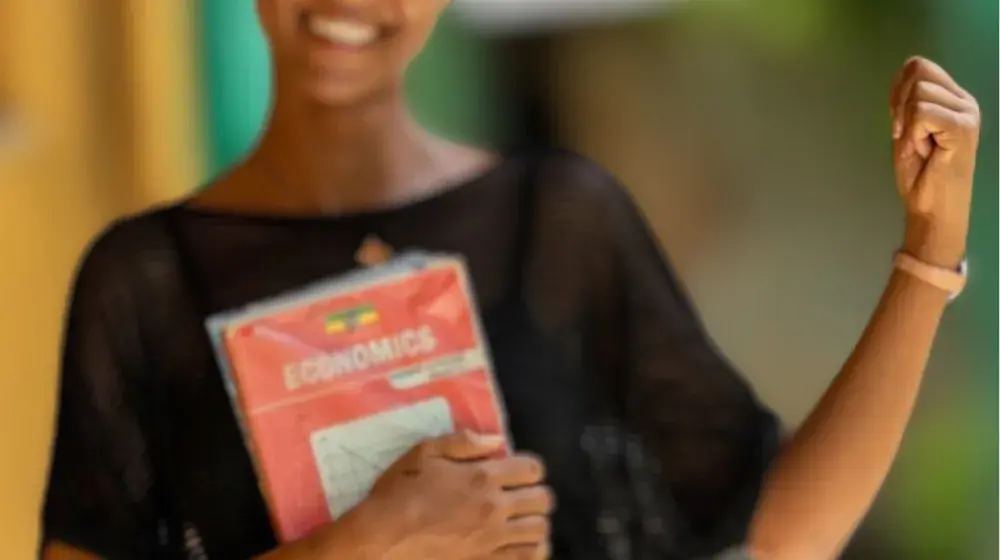Christina Ujulu, 19, is a ninth-grade student at Wibur Primary School in the Gambella Region of Ethiopia. She is an active member of the school’s Reproductive Health Club, part of the “Accelerating Action to Ensure the Wellbeing of Adolescent Girls” project.
“Before joining the club’s training sessions, I had little awareness of the consequences of child marriage,” Christina admits. “I didn’t realize how early marriage could harm my physical and psychological well-being. Now, I not only believe I should marry when I am ready, but I also understand the importance of continuing my education.”
For Christina, the issue is deeply personal. She has seen many girls her age drop out of school as early as sixth or seventh grade, succumbing to the pressures of early marriage and motherhood. "The information I’ve gained has strengthened my resolve to stay in school and not be misled by distractions," she says passionately.
Advocacy Through Action
Christina has transformed her knowledge into action, becoming a vocal advocate in her community. Using the school’s mini-media platform, she spreads vital information to her peers through literature and short drama performances. Beyond the school, Christina takes every opportunity to raise awareness at church and during social gatherings, urging others to join the fight against child marriage.
Another issue Christina highlights is the lack of access to sanitary pads, which has kept many female students from attending school during their periods. "Many girls, including those in our school club, now receive dignity kits with sanitary pads every month, thanks to this project," she says.
Transforming Lives Through the Project
The project, supported by the United Nations Population Fund (UNFPA) and implemented by Norwegian Church Aid (NCA Ethiopia) through the Ethiopian Evangelical Church Mekane Yesus – Development and Social Service Commission (EECMY DASSC), aims to address barriers that keep girls out of school and vulnerable to early marriage. It provides dignity kits, educational materials, and tutorial programs, ensuring adolescent girls can stay in school and reach their full potential.
Since its inception in 2020, the project has reached 38,823 girls aged 10-19 with prevention, protection, and care services related to child marriage. By enhancing their voices, agency, and life skills, it equips them with the knowledge and tools to resist societal pressures and pursue their education.
A Persistent Challenge
Despite national laws prohibiting child marriage in Ethiopia, the practice remains widespread, affecting millions of girls across the country. The Gambella Region, alongside Amhara, Afar, and parts of the Somali Region, has one of the highest prevalence rates. Factors such as limited education, economic hardship, and entrenched social norms continue to perpetuate the practice.
Yet, with efforts like the “Accelerating Action to Ensure the Wellbeing of Adolescent Girls” project, change is taking root. Advocates like Christina stand at the forefront, inspiring hope and paving the way for a brighter, more equitable future for girls in Ethiopia.
Photos: Kedija Sefa/NCA





